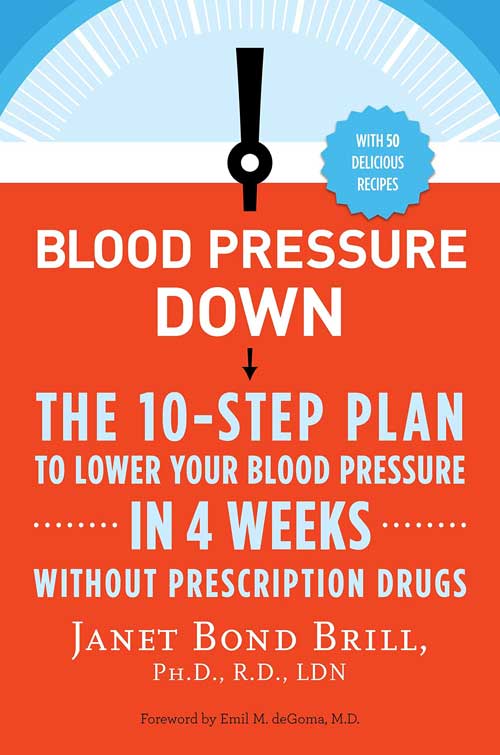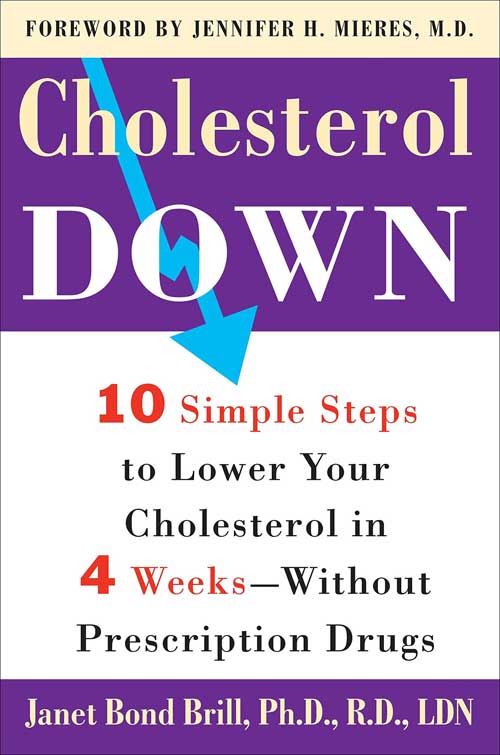By


Addiction is much harder on the body than many people realize. There are several long-term health risks associated with having an addiction, such as cardiovascular disease, stroke, cancer, cirrhosis of the liver, and lung disease. HIV/AIDS, as well as hepatitis B and C, are also more common in individuals with addictions.
In addition to these major health issues, addiction can also have a negative impact on your daily feelings of health and well-being. Rehabilitation centers like crestviewrecovery.com can help patients overcome their addiction and reclaim their health and vitality. The three areas of the body most frequently damaged by addiction are the liver, lungs, and heart. Let’s assess these three different organs.
Liver
The liver is one of the first organs to feel the effects of drug or alcohol addiction. It is where the body begins to filter out harmful substances. Drugs that are known to harm the liver include heroin, inhalants, and steroids. Alcohol is also incredibly hard on the liver. Cirrhosis is a disease that develops slowly as the liver becomes unable to function properly due to scar tissue that develops and blocks blood flow through the liver. It is one of the conditions that can be effectively treated with healthy changes to diet and addiction recovery because the liver is able to heal itself from much of the damage that has been done with alcohol and drug abuse.
Lungs
Respiratory damage can be caused by many different types of drugs, including cocaine, heroin, marijuana, ketamine, inhalants, PCP, nicotine, and prescription opiates. Some of the most common respiratory conditions associated with addiction are emphysema, chronic bronchitis, asthma, and lung cancer.
Unfortunately, many of these conditions cannot be entirely remedied through lifestyle changes and rehabilitation. However, if the rehabilitation process is started early enough it can substantially lower the risk of developing some of these conditions and lessen the severity of others.
Heart
The cardiovascular conditions which can be caused by addiction include heart attacks, abnormal heart rate, collapsed veins, stroke, sudden increase in heart pressure, and infection in heart valves and blood vessels. Some of the drugs that can cause damage to the cardiovascular system include heroin, ketamine, marijuana, methamphetamine, PCP, steroids, cocaine, inhalants, LSD, nicotine, and prescription stimulants.
Many of the short-term risks such as a sudden increase in blood pressure or heart attack due to drug use diminish as soon as the individual stops using drugs. Rehabilitation can also help decrease the long-term associated risks.
Road to Recovery
Two of the most important things you can do when on the path to recovery is to eat properly and get enough exercise. This can help the body speed the healing process. Many addicts find their desire for sugar greatly increases once they stop drinking alcohol or using certain drugs. Instead of reaching for overly processed treats such as candy and soda, a diet with ample fruit can help satisfy those cravings and provide nutritional benefits.
Exercise serves two functions. First, it can help the body flush the toxins more efficiently. It can also give those suffering from withdrawal a new way to create endorphins. Without those supplied by the narcotics many individuals find themselves suffering from depression. Finding a form of exercise one enjoys can help alleviate this to some degree.
The benefits of kicking an addiction on one’s physical health are both immediate and long-term. While the process initially makes many people feel physically unwell, that feeling quickly fades. As the body is slowly brought back into balance, recovering addicts will soon begin to feel greater levels of vitality and well-being.











